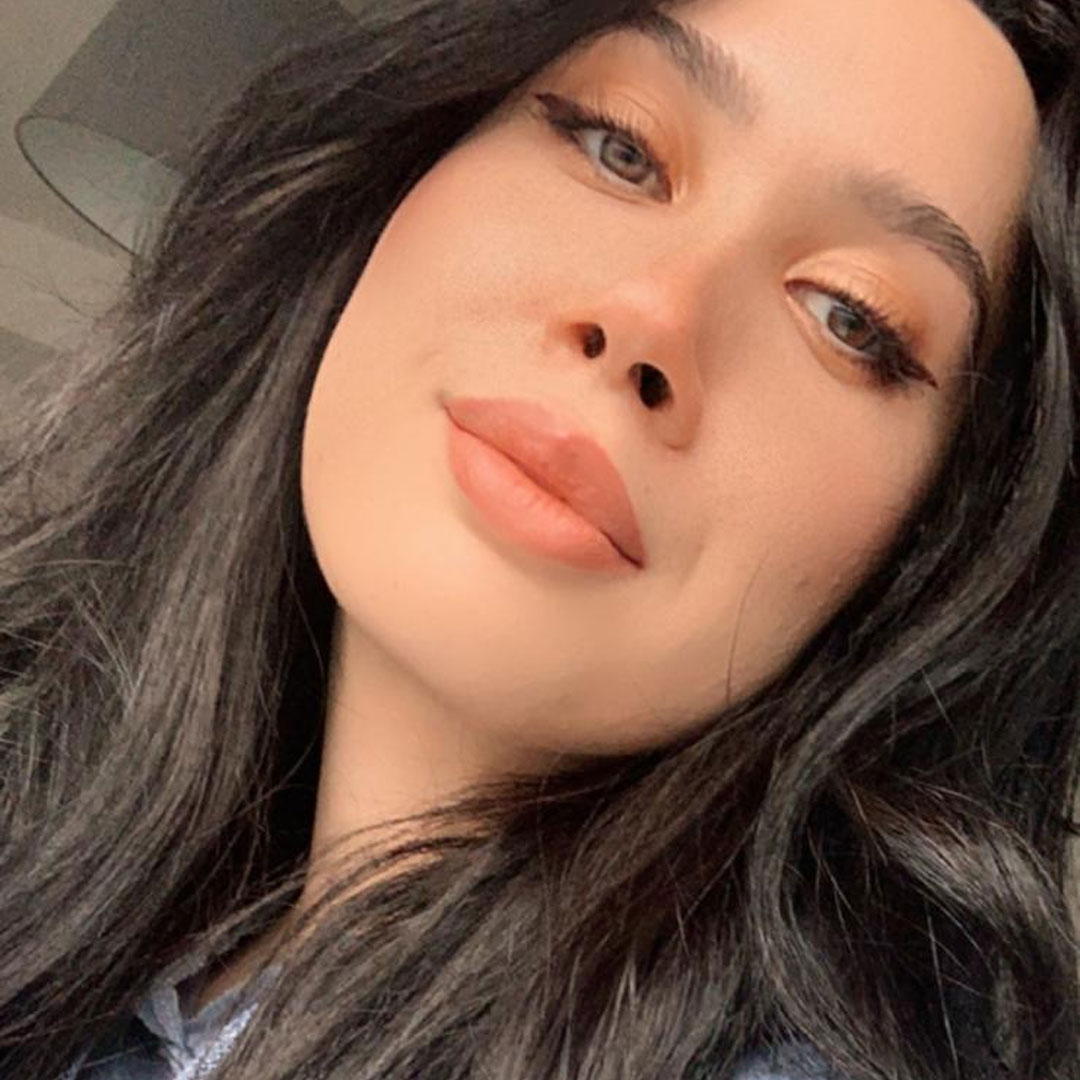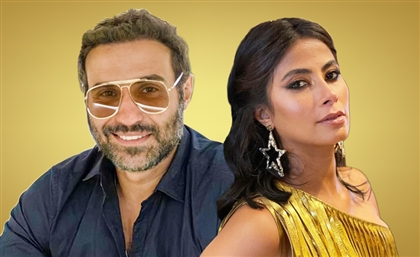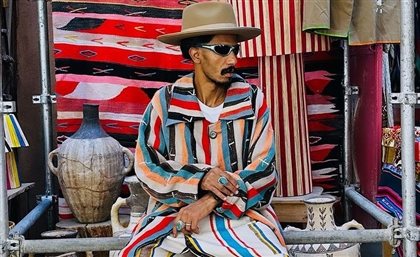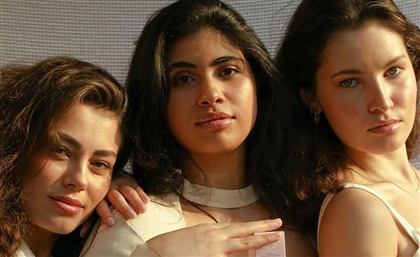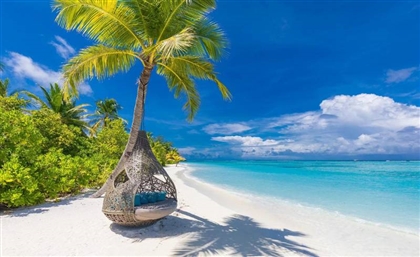UK-Based TikTok Sensation Nxdia on Rekindling Egyptian Identity
In this SceneNoise exclusive interview, Staff Writer Farida El Shafie speaks with Manchester-based TikTok sensation Nxdia to explore identity, Otherness, and what community means to her.
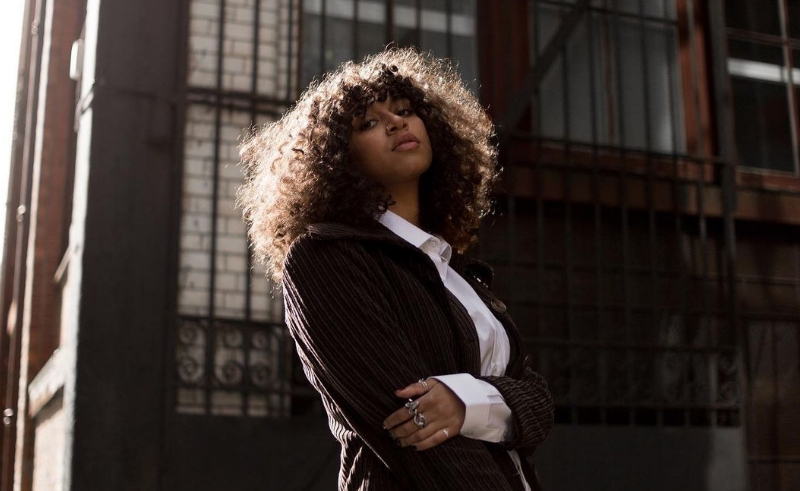
Manchester-based Egyptian singer/songwriter Nxdia - AKA wide ruled notebook snob, Paolo Coehlo fiend, and mayonnaise enthusiast - catapulted to TikTok stardom subsequent to teasing a 30-second snippet of her - then unreleased - single ‘OUCH!’. Born in Cairo and raised in Roxy, Nxdia immigrated to the UK when she was nine years old. Serving as a pivotal point in her life, and one that actively feeds into her songwriting today; the move abroad forged an unyielding desire to further cling to her rich culture.
In the thick of the global COVID-19 chaos, and with her upbringing in mind, Nxdia took to TikTok to quench her thirst for cultural reckoning - revealing to us her notes app, if you will - and amassing over 700k followers in the process. Whilst most of the following came about as a result of her impassioned music career, a lot of it was forged in response to the singer’s transparency and her open discussions on ethnicity and race. With undeniable charm, an eccentric look and unchartered passion for the craft, Nxdia has managed to establish herself as a force to be reckoned with; booking gigs around the country including the famed cricket event ‘The Hundred’. 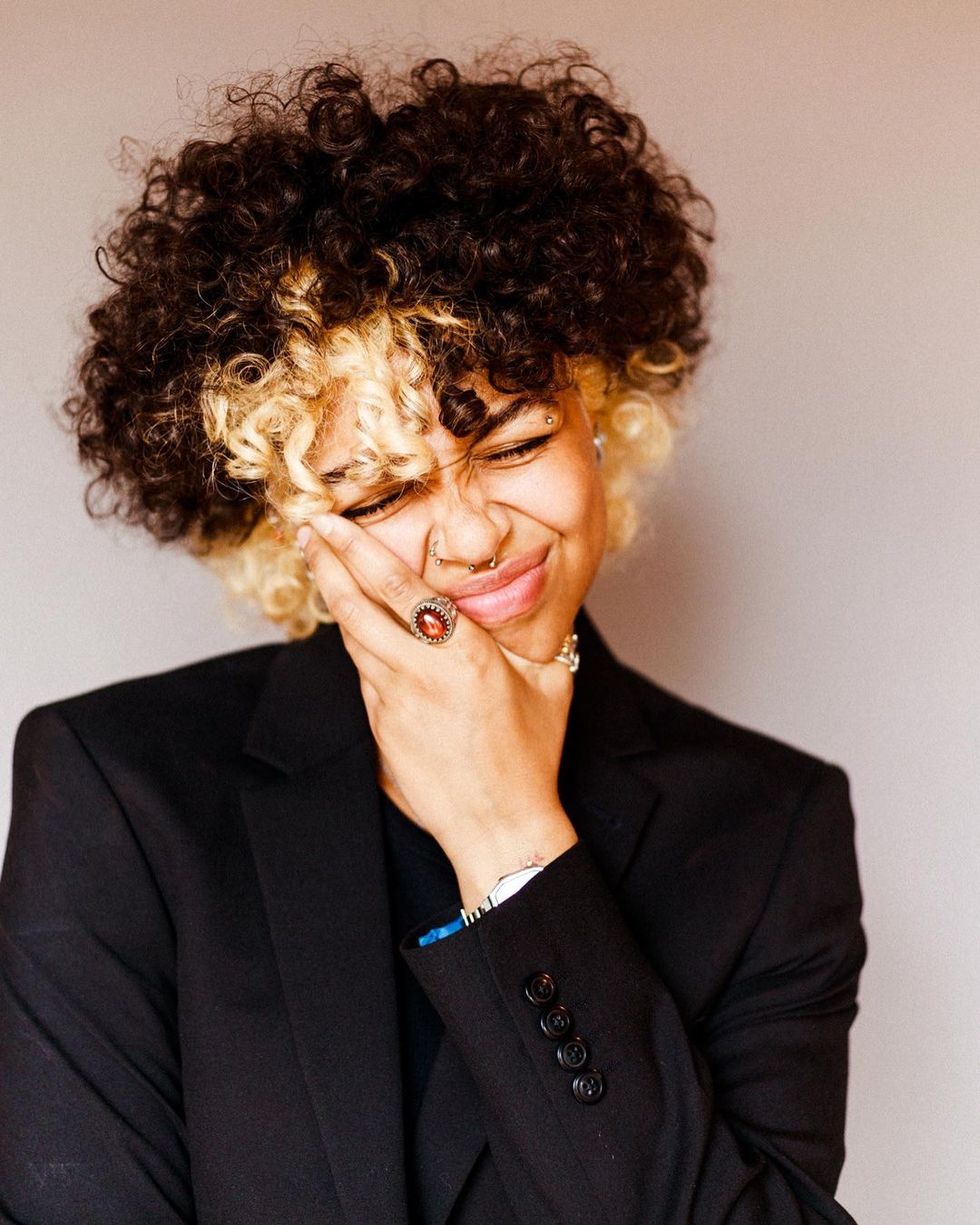
With a strong emphasis on pop music, the singer explores that same sentiment with bilingual music, merging feel-good upbeat production with personal lyrics on home, belonging, and love. 22-years-young today, Nxdia’s music and social media presence stands testament to her complexities as well as the ways in which she consistently paves paths for her dual identity to thrive within a Western setting.
Firstly, how do you both define and express your Egyptian identity?
We all have this preconceived notion of what it means to speak Arabic and what it means to look and be Arab, as if there are not hundreds of millions of us. And so I wanted to be someone who people can listen to and better understand parts of themselves through. I wanted to be someone who people can be like, “Okay, yeah they’re very Egyptian. They make music and they’re English and they understand parts of them but don’t understand others.”
How has the move abroad shaped you?
High school was not a breeze. Imagine going to high school where you were one of the only black kids, and one of the only Egyptian kids. It was difficult. But there was also something equally as fun in being dropped into a college where everyone was different. And I found other Egyptians and was like “Oh! Cool, you guys are here, I didn't know you guys were here!” That was really sick. I also think through sharing more and more online, especially elements of what it means to be Egyptian - whether it's the food, the culture, or the people - helps. Weirdly enough, my online presence really helped me explore those elements and come to terms with them. I've had more Egyptians over the years come up to me and tell me about how they were always wary of speaking Arabic around people and how they hated speaking to people about being Egyptian and now they really like it. It makes me almost apologetic to them, for having felt that way in the first place.
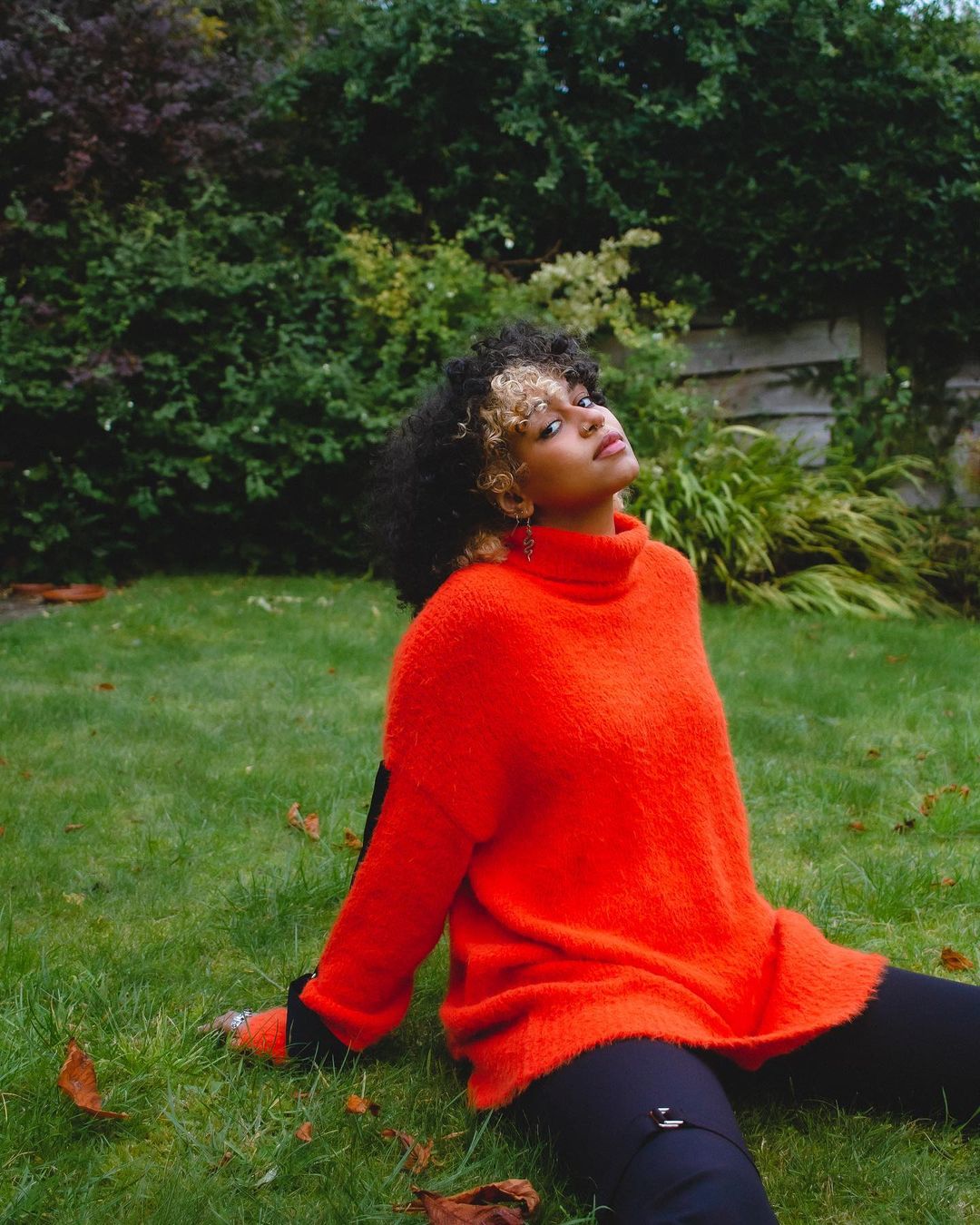
How has that experience enabled you to explore the full extent of your dual identity?
I see the comments about how Egyptians aren't Arabs or black, but white? Have you seen that? About Egyptians being white? And I'm literally like, there are millions of people in Egypt alone, you think they’re all one thing? The thing is, in the UK there are like 67 million people. But there are still a lot of those same monolithic perceptions. In all honesty though, it helped me realise the extent of my identity. How it has no limitations and cannot be one thing, especially when my grandfather is of Sudanese descent. People don't believe me and demand pictures, to which I respond, "Well sure, but it's also none of your business, and I also don't owe you that much." I understand emphasising the proximity privilege, especially when you’re Arab, but keep in mind that once they discover you speak Arabic, it's game over.
Where do you feel like this type of gatekeeping stems from, is it inflicted by other people of the same ethnicity or is it completely circumstantial and outsider inflicted?
I think that’s a really great question and I think you worded that perfectly. It is also difficult using me as an example, because I feel like I am an extreme-ish one. When I'm just walking around Egypt people aren't like “Oh wow! Normal looking Egyptian!” They speak to me in English even if I'm responding in Arabic, and that’s a fact. I am not defensive about it either. My hair is short, I have shaved sides, piercings everywhere, and I talk quite openly about certain things online. And I get that, I always get that. But, are we always going to sever ties and succumb to people who want to polarise us and make us seem like this Other? Or are we just going to integrate and make sure we don’t lose any aspects of ourselves that we’re proud of and things that we want to keep, whilst also maintaining the fact that we are people, and that we’re really cool, and that we have an amazing culture?
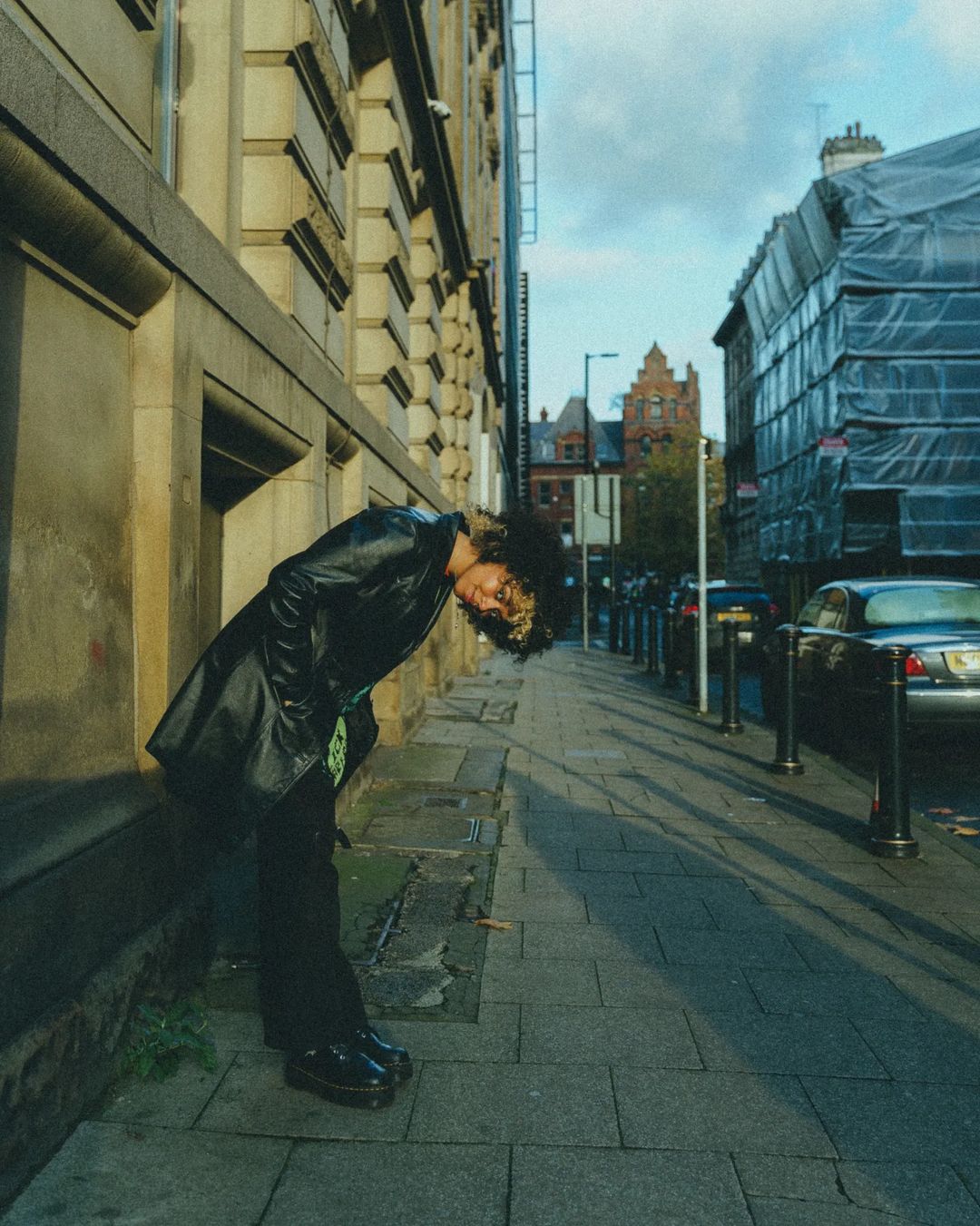
How does then all of this feed into, supplement your songwriting and go to shape your music as a whole?
I think that when you speak multiple languages, you naturally kind of swing between the two. Whenever I'm writing in a studio session, the Arabic pops in. I roll with it and let it guide me. In that moment, it's more like a continuation of a thought than an active thing. This is a part of me and I want it to hold as much truth as possible and I will do that by showing every part of me, even the ones that weren’t necessarily tasteful growing up. There are also too many people around here who will glorify French music, and Spanish music, and don’t get me wrong I love music that’s made in these romantic languages, but then there’ll be that one odd comment about Arabic sounding harsh that just won’t make any sense. They’ll pick out certain things about Arabic that they’ve heard someone say once when they’ve had a sore throat. And so, I wanted to make it beautiful, I wanted to have something that I didn't have to translate for people who didn’t speak it and to relay what Arabic feels like. Because not everyone speaks English and not everyone wants to speak English.
Do you feel like the way you’ve tethered yourself to the Arabic language has enabled you to better channel home?
It's a bit more nuanced than that. In Egypt there’s a kind of camaraderie and an understanding of how things work. I come back here, to Manchester, and I'm struck by the pervading individualism. It's at an all time high, and it's so much to do with moving through the world on your own that you forget what a sense of community feels like. Then you stumble upon little Egyptian communities, and it becomes a daunting experience because you’re being greeted with open arms, in a rekindling of sorts and yet you don't know what to say at the moment. I'm not forgoing who I am but I'm also unaware of how to connect with myself when I'm not speaking with my parents. Because that comes easy to me, it’s foundational almost. But now when I speak to Egyptian people, especially ones my age in England, we’re just talking about trauma, and ostracization.
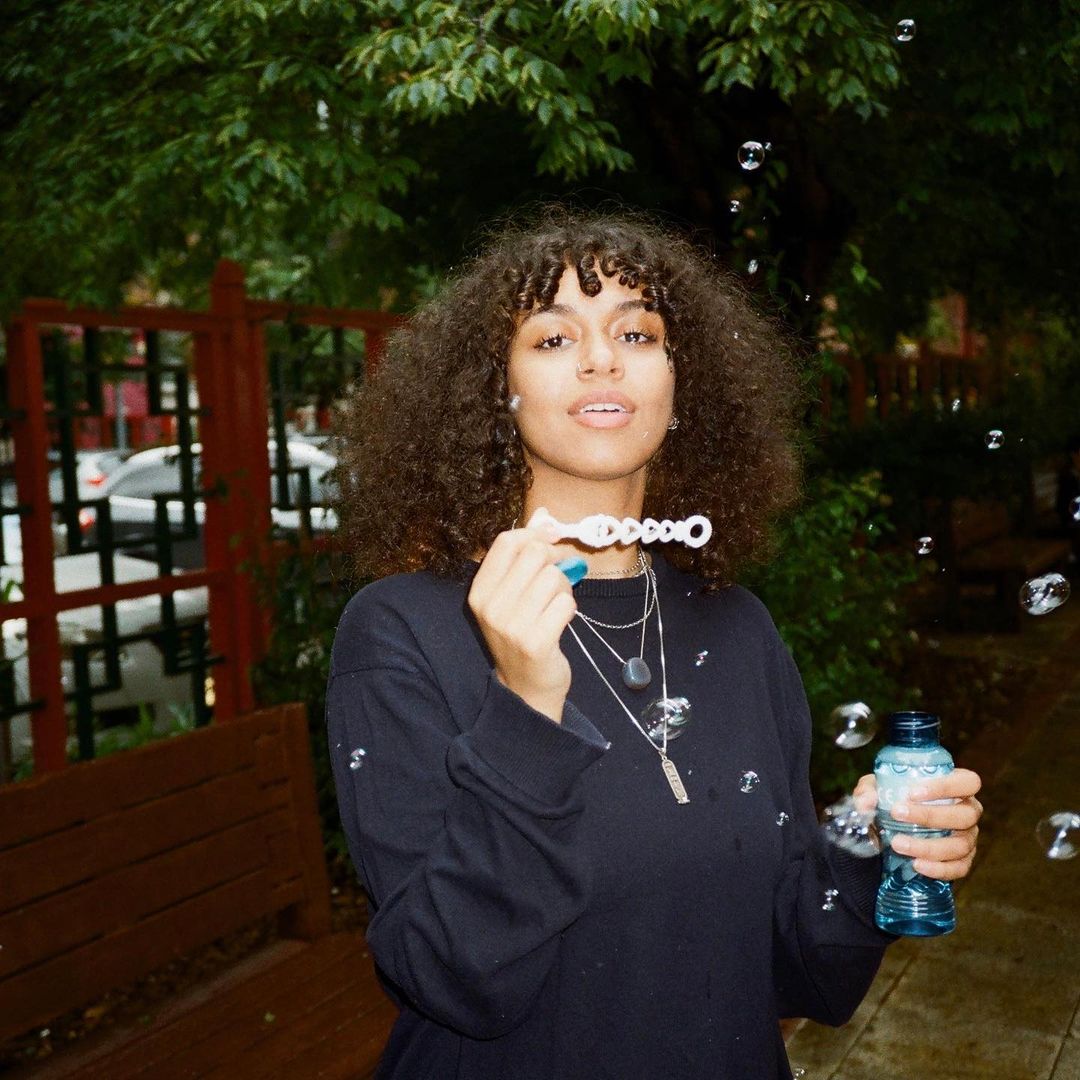
I want to hear about an encounter you’ve had that left an impact on you as a person (first and foremost) and as an artist second?
The best thing about here as well is that you hear people speaking about you in Arabic and they don’t know you understand Arabic. I was actually getting cheesy chips one day and the guys at the counter had an absolute feast. I’m looking at the menu, eavesdropping on the conversation because I could. I remember the remarks were really coming for my gender expression and the way I dress. They couldn’t comprehend how a I could potentially ascribe to an appearance that was not traditionally hyper-feminine. It took so long for them to even serve me because they were genuinely too occupied ripping me to shreds. I replied in Arabic and I've never seen someone so taken aback in my life. So I sat in the shop and refused to leave. It became about fortifying my existence in the moment and taking a stance. Every time I go there now I make an effort to order in Arabic and speak to them in Arabic.
Are these situations something that you find yourself inclined to write about in and outside of music?
We all do for sure. I'm more likely to go online to share my thoughts. I journal and everything but with stories like that at the chip shop, I'm more prone to just sharing them online then documenting them in words. I like the real-time response, I like the discussion that these situations generate. Whilst writing might seem like the most logical solution, I find solace in the community these stories allow me to forge. When I make content addressing certain aspects of my identity as someone who’s bilingual, I'm always excited by the fact that people are seeing it and extending that same sentiment to themselves and their own relationships with their identity. I guess that’s my version of writing it out.
Do you write in Arabic?
Yes, but in franco. With the sevens and the threes and I get it all. I write in Arabic when I'm writing by hand because I just love how it feels. I feel like it's so pretty, and also I find the Arabic keyboard a little difficult when writing because I'm not familiar with it. When I figure it out it also weirdly shocks people. I guess because of the nature of my identity, texting in Arabic is an unexpected response.
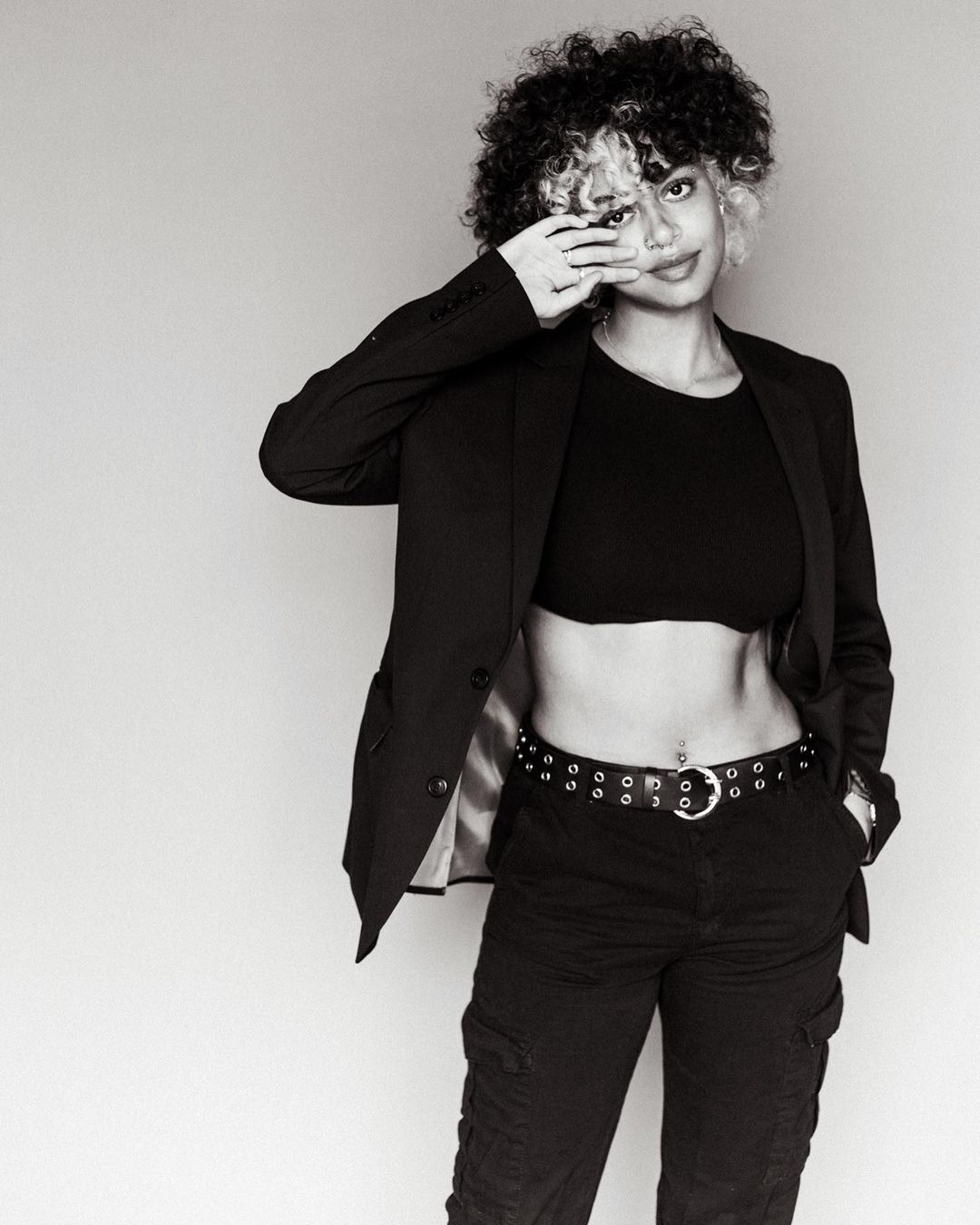
Your online presence is such a huge part of your career as an artist, how do you manage the global responses, the good, the bad, and the trolling that comes about?
I think my response is sort of similar to how you would push someone in a dance circle, and they're confused as to what they’re supposed to do. I kind of try to emulate that. I especially do it with hate comments, because I'm aware of the positive community that exists on my platforms and I know that there’s a safe aspect to it, and so, they usually respond before I do. And if I do, I tackle it from a lighthearted perspective and to make it seem more outwardly humorous. You have to remember that certain people get off on others being crestfallen, and I get it, when you have little power in life you try to find it in different ways. But equally, whilst that sense of community is incredibly uplifting, we will look for ways to collectively laugh at your hate comments.
You share snippets of your unreleased singles with your fans online, this is a bit of a selfish request on my end but will they ever see the light of day? Are we getting any new releases soon? An album?
I will, and soon. I think it's funny though because like there’s something so selfish during the time when it just exists for you. I've written a song recently about when you miss someone and you genuinely think about them night and day. Because that's the beginning of a heartbreak song really. You’re my dream and you take up every waking thought, and you realise they’re just a person and their touch doesn’t actually set you on fire and you probably don’t even want to hold hands. It's a song that tries to capture the unyielding attachment to the memories you had and could’ve had rather than the person themself. Which is true and it's also why people tend to stay in relationships far beyond their expiration date. And so my studio sessions are always filled with these moments where I get to dissect my own feelings and articulate my thoughts in the moment. There’s something so delicious about those moments and whilst I will share it, right now those are solely mine to keep.
So then, with that in mind, and with your music and your socials being so public yet your music being so private, how do you feel about releasing them, what becomes that final push?
Every song is like a capsule and a reflection of the time during which it was written and the accompanying mental space. Some of them maybe cringe, some of them can make you really happy, but they’re all a form of remembrance. That’s why I love music and songwriting because there’s a constant plethora of artists that capture similar capsules to yours. One of my favourite parts of music as a whole is watching the interviews and seeing the people, and really getting to know them. I enjoy the deconstruction process where you’re asking yourself a series of questions regarding why you relate so much to what’s in front of you, be it melodically or visually.
- Previous Article Dr.Sisilove or How (Not) To Diffuse A Bomb
- Next Article Level Up Your Thursday Nights With Mivida’s ‘Buckets N’ Bones’
Trending This Week
-
Apr 13, 2024



